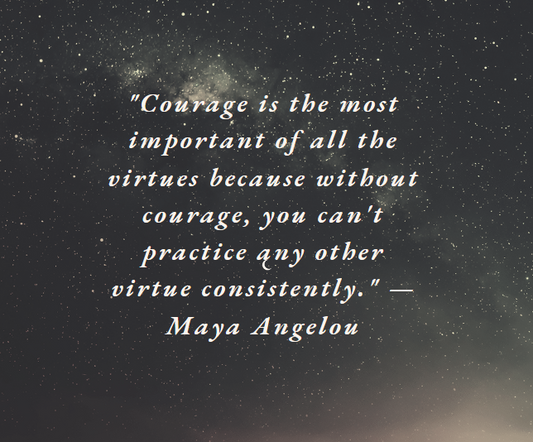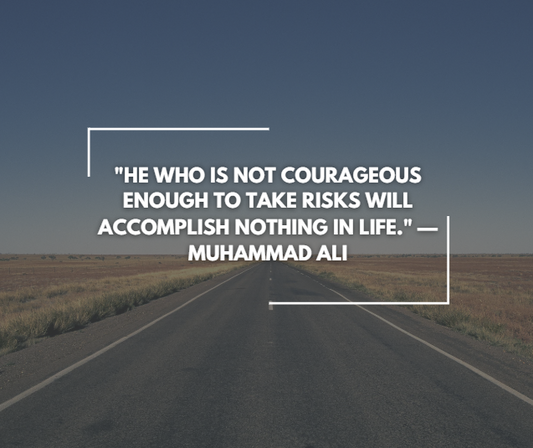The Greatest Danger: Aiming Too Low and Reaching It
Michelangelo, the renowned Renaissance artist, is often credited with the profound observation: "The greatest danger for most of us is not that our aim is too high and we miss it, but that it is too low and we reach it." This statement underscores a critical truth about human potential and the perils of underestimating our capabilities. In a world where mediocrity often feels safe and achievable, aiming too low can be more damaging than failing to achieve lofty goals.
The Comfort Zone and Its Traps
Aiming low often stems from a desire to stay within our comfort zones. The comfort zone is a psychological space where we feel safe and secure, free from the fear of failure and rejection. While it provides a sense of stability, it also limits growth and innovation. Staying within this zone means setting goals that are easily attainable, requiring minimal effort and risk. Over time, this can lead to stagnation and a lack of fulfillment, as we are not challenged to expand our skills or explore new opportunities.
The Risks of Playing It Safe
When we set our sights too low, we risk underutilizing our potential. Human beings are inherently capable of remarkable achievements, but realizing this potential requires ambition and courage. Aiming low can result in a life of missed opportunities and untapped talents. It can lead to regret and a sense of unfulfilled purpose. In professional settings, this mindset can stifle creativity and innovation, preventing organizations from reaching their full potential.
The Benefits of Aiming High
Setting high goals, even at the risk of missing them, can lead to significant personal and professional growth. High aspirations push us to develop new skills, overcome obstacles, and discover our true capabilities. The journey toward ambitious goals fosters resilience, determination, and a growth mindset. Even if we fall short of our high targets, the progress made along the way often surpasses what we would have achieved by aiming low.
Overcoming the Fear of Failure
One of the main reasons people aim low is the fear of failure. Failure is often perceived as a negative outcome, a sign of incompetence or lack of ability. However, failure is an essential part of the learning process. It provides valuable lessons and insights that contribute to future success. Embracing failure as a natural and necessary step towards achievement can alleviate the fear associated with aiming high. Successful individuals and organizations view failure as feedback, a guide to refine strategies and improve performance.
Cultivating a High-Aim Mindset
To shift from aiming low to setting higher goals, it’s important to cultivate a mindset that embraces challenges and values growth. Here are some strategies to foster this mindset:
-
Set Bold, Clear Goals: Define ambitious yet realistic goals that inspire and challenge you. Break them down into smaller, manageable tasks to maintain motivation and track progress.
-
Seek Continuous Improvement: Commit to lifelong learning and skill development. Embrace opportunities to expand your knowledge and capabilities.
-
Surround Yourself with Positive Influences: Engage with individuals who encourage and support your high aspirations. Avoid those who perpetuate a limiting mindset.
-
Celebrate Progress: Acknowledge and celebrate your achievements, no matter how small. Recognizing progress reinforces a positive attitude towards growth.
-
Embrace Resilience: Develop the resilience to navigate setbacks and failures. Use them as opportunities to learn and adapt.
Michelangelo's insight into the dangers of low aims highlights a fundamental truth about human potential and ambition. Aiming low may provide temporary comfort and safety, but it ultimately limits our growth and fulfillment. By setting high goals, embracing challenges, and learning from failures, we can unlock our true potential and lead more meaningful, accomplished lives. The greatest danger is not in missing our high targets, but in reaching targets that are too low and failing to realize what we are truly capable of achieving.






